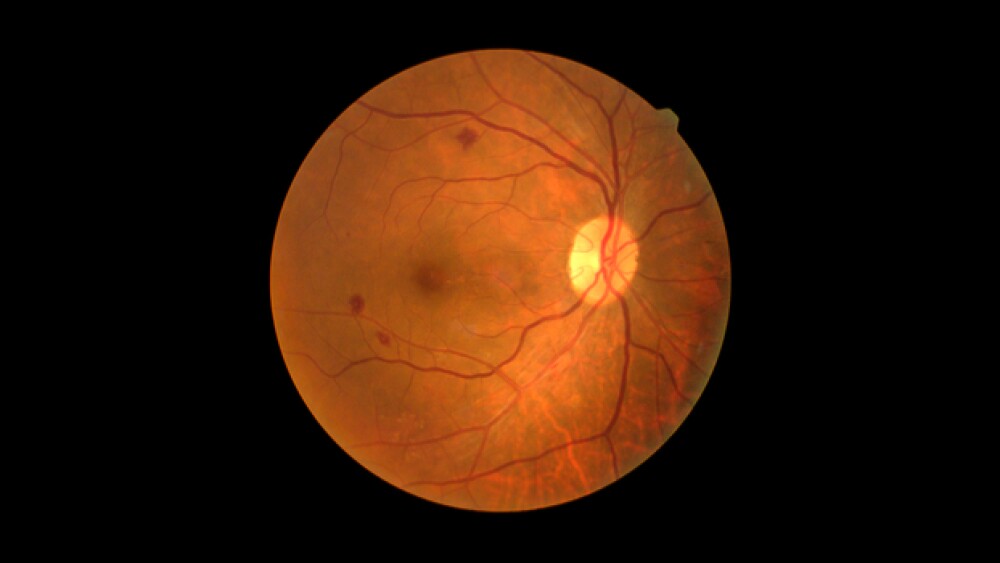Aerpio said the Phase IIb asset did show some positive data in a number of pre-specified secondary endpoints, including changes in Urine Albumin-Creatinine Ratio, a measure of kidney function, and in intraocular pressure.
Shares of Aerpio Therapeutics have sunk more than 70 percent this morning after the Ohio-based company announced its lead drug candidate AKB-9778 failed to meet endpoints in a mid-stage trial for patients with moderate to severe non-proliferative diabetic retinopathy.
Top-line results from the company’s Phase IIb TIME-2b study showed that AKB-9778 taken twice daily did not meet the study’s primary endpoint of the percentage of patients with an improvement of two or more steps in the study eye diabetic retinopathy severity score (DRSS) compared to placebo. In its announcement, the company said the percentage of patients who actually hit the endpoint was 9.6 percent. That fared slightly better than placebo, which was at 3.8 percent, Aerpio said. In all qualified eyes, study eyes and fellow eyes that met the inclusion/exclusion criteria, the percentage of eyes achieving this endpoint was 8.6 percent and 2.7 percent, for AKB-9778 BID and placebo, respectively.
Diabetic retinopathy is a complication of diabetes caused by damage to blood vessels in the retina. Diabetic retinopathy occurs in roughly one of three patients with diabetes and involves both eyes in 75 percent of these patients. The severity of the complication ranges from mild non-proliferative diabetic retinopathy to more advanced proliferative diabetic retinopathy, the hallmark of which is the development of new abnormal blood vessels. Diabetic retinopathy is the leading cause of blindness among working-aged adults around the world, affecting roughly 140 million diabetics globally.
Aerpio said the Phase IIb asset did show some positive data in a number of pre-specified secondary endpoints, including changes in Urine Albumin-Creatinine Ratio (UACR), a measure of kidney function, and in intraocular pressure (IOP). Aerpio said it intends to advance a topical drop formulation of AKB-9778 into clinical development and expects to initiate a Phase 1b study in the second quarter of 2019 with results anticipated by the end of 2019.
Stephen Hoffman, Aerpio’s chief executive officer, said the company is certainly disappointed by the failure to hit primary endpoints. However, he said the company is encouraged by the fact that there were other promising findings in the study.
“We and our clinical advisors believe that collectively these data support a potentially important role of the Tie2 pathway for the treatment of diabetic complications, as well as for open-angle glaucoma. After a full analysis of the study data, we plan to provide an update on the status of the NPDR program. We would like to thank the patients and investigators that participated in this trial,” Hoffman said in a statement.





